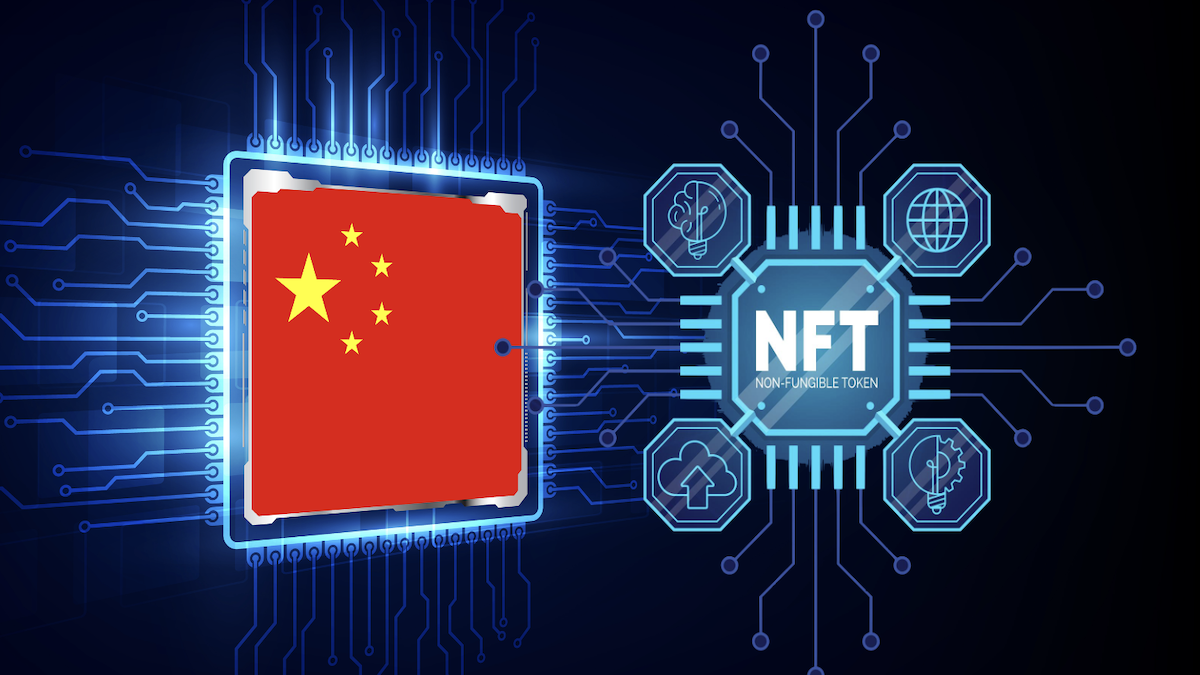China’s Supreme People’s Procuratorate has expressed concerns about the growing NFT market in the country. The market is still in its infancy and faces challenges due to a lack of industry standards and government regulation. These factors, combined with the novelty of the market, result in several financial and social risks, including price manipulation, scams, and illegal fundraising.
In an article published in the Procuratorate Daily, public prosecutor Wang Xia-fen highlighted the presence of counterfeit NFTs in the market and cautioned potential investors about these dubious assets that haven’t been minted on a blockchain. However, Wang acknowledged the potential of NFTs to advance blockchain technologies and fortify the digital economy in China.
China’s interest in NFTs is growing, despite the country’s strict stance on cryptocurrency mining and trading. In November 2022, a court in Hangzhou City recognized NFTs as virtual property, subject to the country’s E-commerce law. However, Chinese banking, securities, and internet finance associations issued a statement in April 2022, urging members to reduce NFT financing, leading most regulated NFT trading platforms to halt secondary trading services.
Despite this, an underground secondary NFT market has emerged characterized by unchecked speculation, emphasizing the need for more explicit regulations. Sun Shan, a scholar at China’s Southwest University of Political Science and Law, believes future legislation should mandate Chinese consortium blockchain operators and authorities to enforce copyright protection in the NFT market, considering the prevalent copyright infringements.
While the NFT market in China may face challenges, the potential of NFTs to enhance the country’s digital economy and blockchain technologies has been acknowledged. Drawing from a State Council file dated May 2022, Wang discussed the vision of a regulated market for culture-based digital assets. The role of digital collectibles in safeguarding intellectual property rights, encouraging content creation, and enriching the digital economy has been recognized, with Wang suggesting that authorities distinguish between genuine innovation and criminal activities.

